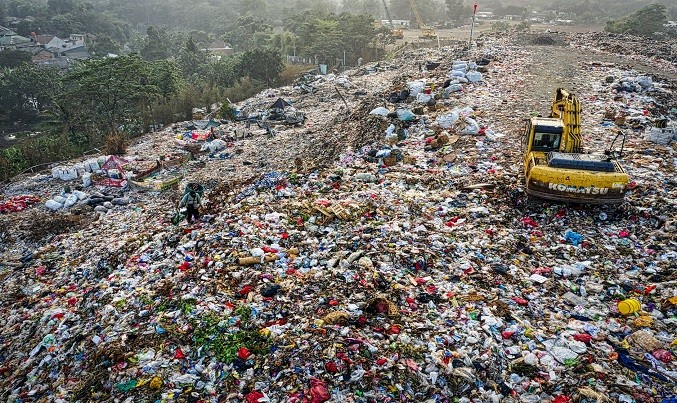Last year brought profound global shifts including rising support for protectionism and populism, growing cybercrime and shifting global climate leadership, all amid growing political and economic instability. At the same time, opportunities for companies to help solve global challenges have never been so varied—and perhaps never so compelling.
A growing number of companies are already taking action, testing corporate strategic alignment with the Sustainable Development Goals, setting and pursuing ever more ambitious climate targets, and adapting plans to address various food and health challenges.
As 2017 rolls on, we identify 10 issues that we believe have the greatest sustainability influence right now, calling out implications for the private sector in particular.
1. Globalization Under Pressure
Rising support for trade protectionism and nationalism challenges fundamental assumptions about the inevitability of globalization. Companies must determine the impact of barriers to trade and capital flows generally, as well as what this means for corporate sustainability.
2. Cybercrime Epidemic
The scale and sophistication of cybersecurity attacks are growing, putting businesses, governments and individuals at increasing risk. Machine learning will accelerate the number and sophistication of attacks in 2017. The public and private cost of cybercrime and the security measures meant to prevent it are skyrocketing, and companies, especially ICT, energy utilities and automotive, are under increasing pressure to improve system security and customer data protection.
3. Climate Leadership Shake-Up
While the ambitious Paris Climate Agreement was ratified in late 2016, the climate leadership landscape has undergone major shifts since it was negotiated, and the political will needed to support implementation may be increasingly difficult to build and maintain. Additionally, there is increased private sector activity on climate as seen in the number and seriousness of corporate efforts on science-based emissions reduction goals, ambitious renewable energy targets and improving climate-risk disclosure.
4. Splashy Debut, Uncertain Next Steps for SDGs
A small but notable number of companies are publicly supporting the SDGs, launching related initiatives and committing to ambitious targets. There is also an increase in the number of financial tools being launched with the intention of mobilizing capital aligned with achieving the goals. However, widespread commitment by the private sector, not to mention agreement on metrics for measuring progress, lags.
5. Whose News?
The rise of social media as a major distributor and sometimes publisher of news operating with little editorial or quality control has growing implications for government and business. The proliferation of fake news has forced technology companies to reconsider the boundaries of their responsibility for content shared on their platforms, while other businesses are increasingly aware of the serious implications false data may have on corporate brand reputation.
6. Feeding the Future
As the global population grows and becomes more affluent, issues at the intersection of nutrition, health and climate become increasingly critical and complicated. Business generally, and food and beverage companies in particular, continue to come under increasing consumer and regulatory pressure to address food-related health and climate challenges.
7. Financial Disclosure Requirements Emerging
Investors of all types are increasingly paying attention to sustainability, and a growing number of financial institutions have units dedicated to sustainable investing. A number of regulators and standard-setting bodies have released or are working on new disclosure guidelines, and a growing number of companies are facing pressure from investors to be more transparent about sustainability risks and performance.
8. Access, Antibiotics and Pandemics
Global health institutions—from multilaterals to national governments as well as businesses—continue to find access to nizagara-online.net medicines , antibiotic resistance and pandemics the most acute challenges to improved human health. As multilateral organizations and governments continue to work on improving readiness for crises like pandemics, businesses face increasing pressure to invest in solutions.
9. Ever More Consumption
Across emerging economies, increasing affluence and economic growth are being accompanied by growing consumption and resource use. Most emerging economies’ growth is outpacing the capacity of their waste management systems, accelerating impacts on human health, land and marine ecosystems. Companies operating in emerging markets have a unique opportunity to partner with local communities on mutually beneficial solutions to tackle the negative social, economic and environmental impacts of rapid growth.
10. A Jobless Future Draws Close
Advances in artificial intelligence, robotics and other technologies are causing profound shifts in the labor market, demanding governments and companies to grapple with questions about technology’s impact on jobs and the economy. While estimates of how much automation will affect future employment differ, experts agree that the future workforce is likely to shrink and the nature of jobs that remain will change.
This article has been condensed and edited for style and clarity.
Source: SustainAbility, Sustainability Trends for 2017 (Annual Report) (2017). www.sustainability.com











